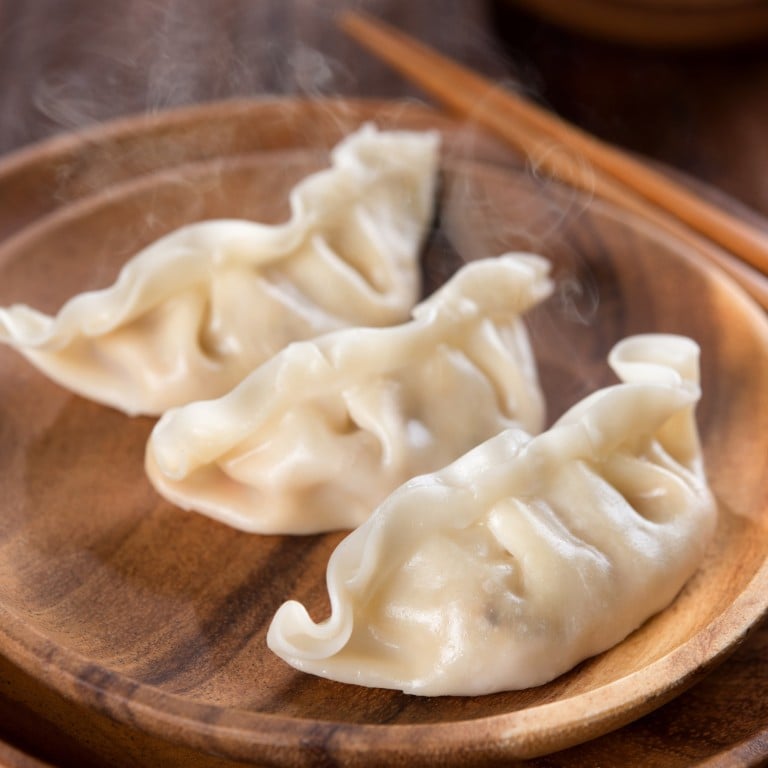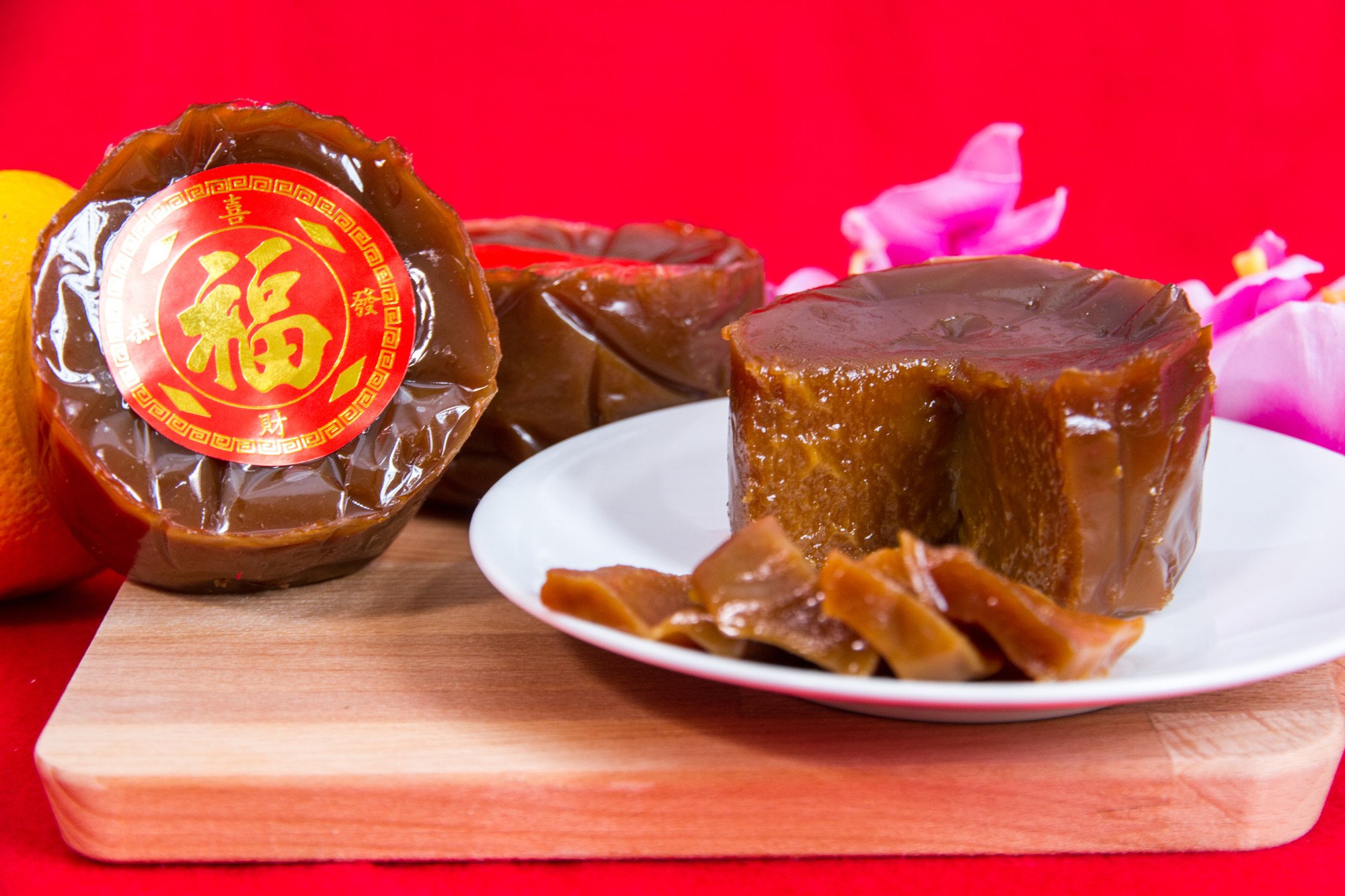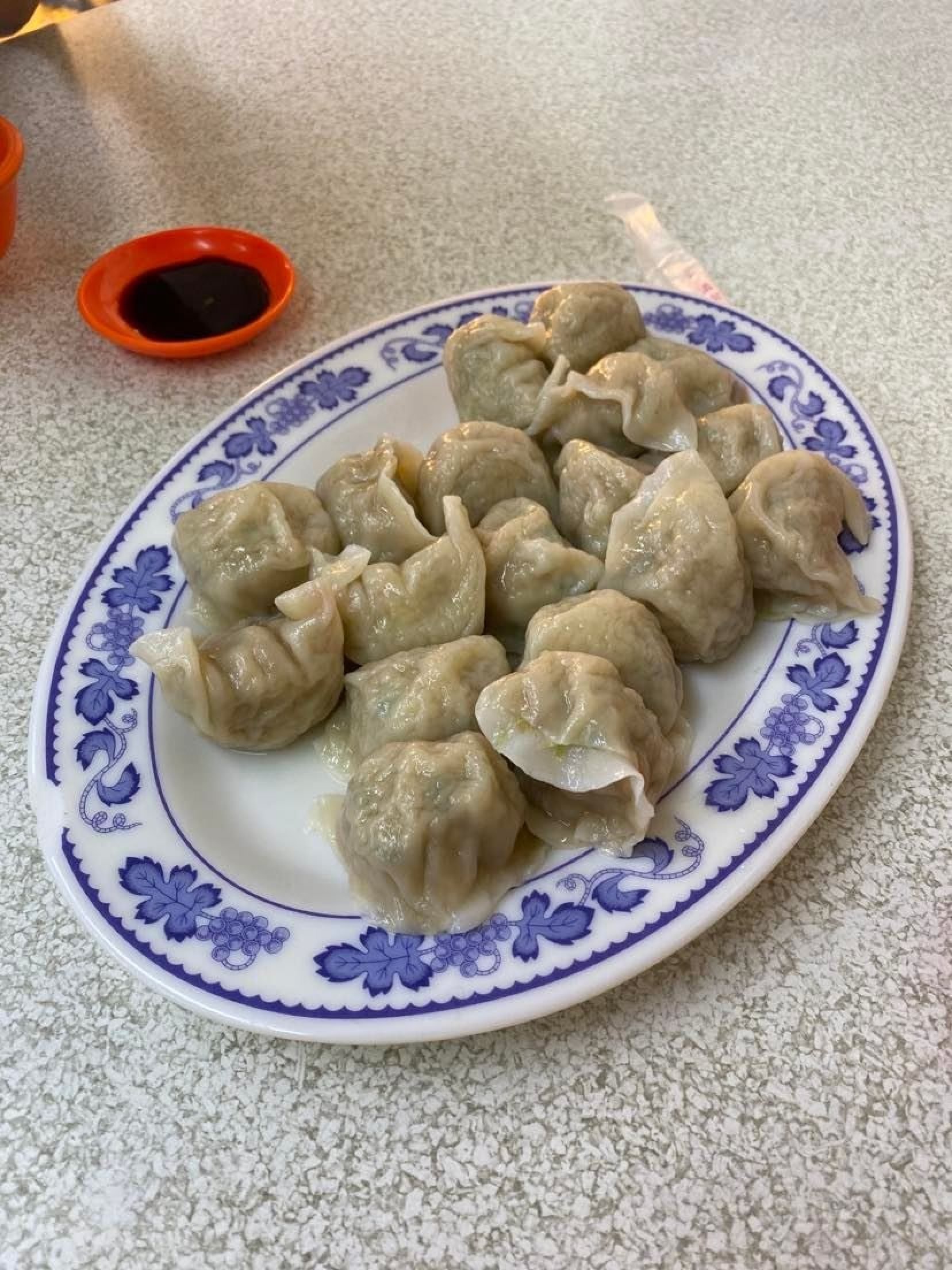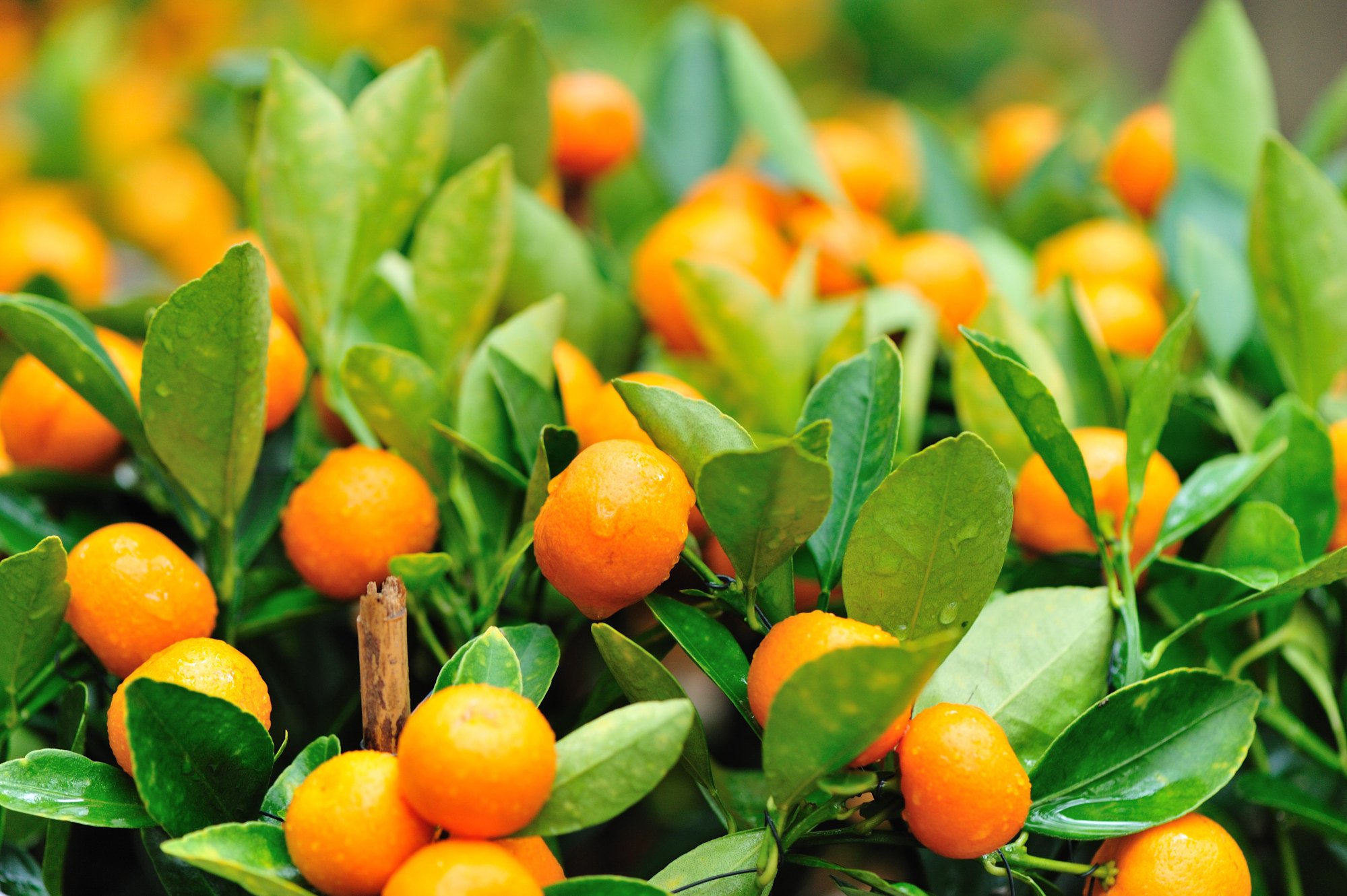
Which dish is traditionally eaten on the first day of Lunar New Year? Easy: Chinese pudding. Or is it dumplings? Er, pot-stickers? Kumquats?
- A pub quiz question about traditional foods eaten on the first day of Lunar New Year challenged Andrew Sun’s understanding of Chinese customs
- When his team’s answer (Chinese puddings) was contradicted by a search engine (yes, that one), he took a deeper look, and found ‘traditions’ he’d never heard of
I am mad!
One of the quiz questions, however, proved quite contentious. It asked: what food is traditionally eaten on the first day of Chinese New Year?
Our team had three people of Chinese descent. None of us thought there was any specific dish that was a must-serve for New Year lunch or dinner. The consensus answer, we decided, might be goh, the Chinese puddings and cakes popular during the season.

There’s loh bok goh: the tasty savoury radish cakes, often pan-fried, are so good they are enjoyed year-round at dim sum. Another variety is nin goh, made with glutinous rice flour and cane or rock sugar, sometimes with coconut milk added. They are less popular because they’re quite sweet and chewy, but the name phonetically sounds like a wish for “prosperity the whole year”.
You also have puddings with water chestnut, taro, and dates; recently, I’ve seen not-so-traditional cakes made with red beans and coconut milk in a yin-yang design.
5 ways to beat bad luck predictions in the Year of the Dragon 2024
Ultimately, it’s the name that makes it auspicious, because goh sounds the same as the Cantonese word for “up” – as in, the direction your money, career, stock portfolio and other material gains will go during the year.
Anyway, our collective quiz minds resolved that this would be our reply.
“Wrong!” said the quizmaster. “The correct answer is dumplings.”
Immediately, I howled my protest. I don’t know of any of my friends or my parents, grandparents or other sage elderly family member who command that dumplings must be part of our festive menu.

But apparently, this is what Google’s results say, so we lose our point for this question. I’m particularly miffed because this point could have been the difference between a podium finish and mid-table obscurity. It also peeves me because it feels like I was “white-splained” my own cultural customs.
This is the hazard of relying only on the internet for knowledge. Since that evening I’ve dug into the tradition. It’s true that dumplings are regularly consumed on the first day of Lunar New Year, but mostly in China’s northern regions. In the colder climate, buns and dumplings are a far more common staple than rice and steamed foods.
Northerners consider the jiaozi, or pot-sticker, a fortuitous symbol because the shape resembles a gold ingot. The more you eat, the better a year you might have.

Are any of them mandatory foods, though? I would not say so.
Frankly, some traditions barely even register for Hongkongers. I never heard of the lo hei tradition of tossing noodles in the air to let “money” fall where it may until Malaysians and Singaporeans told me it is a Chinese thing.
As a kid, I used to indulge mightily in those gold coin chocolates, which naturally are lucky charms too. Now that’s something I would like to eat on the first day, the second, third and fourth.

